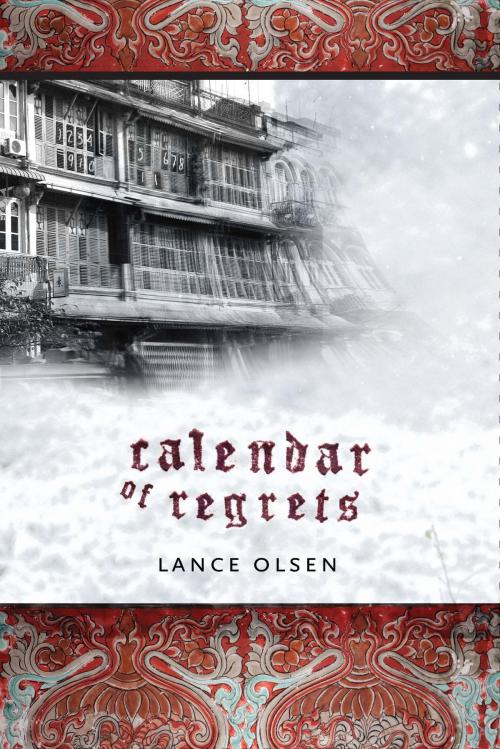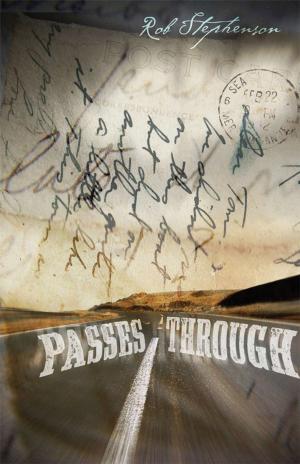| Author: | Lance Olsen | ISBN: | 9781573668194 |
| Publisher: | University of Alabama Press | Publication: | September 6, 2010 |
| Imprint: | Fiction Collective 2 | Language: | English |
| Author: | Lance Olsen |
| ISBN: | 9781573668194 |
| Publisher: | University of Alabama Press |
| Publication: | September 6, 2010 |
| Imprint: | Fiction Collective 2 |
| Language: | English |
Calendar of Regrets is a wildly inventive and visually rich collage of twelve interconnected narratives, one for each month of the year, all pertaining to notions of travel—through time, space, narrative, and death.
The poisoning of the painter Hieronymus Bosch; anchorman Dan Rather’s mysterious mugging on Park Avenue as he strolls home alone one October evening; a series of postcard meditations on the idea of travel from a young American journalist visiting Burma; a husband-and-wife team of fundamentalist Christian suicide bombers; the myth of Iphigenia from Agamemnon’s daughter’s point of view—these and other stories form a mosaic, connected through a pattern of musical motifs, transposed scenes, and recurring characters. It is a narrative about narrativity itself, the human obsession with telling ourselves and our worlds over and over again in an attempt to stabilize a truth that, as Nabokov once said, should only exist within quotation marks.
View a trailer for the book here: www.youtube.com/watch?v=hZvaLi91Blk
Calendar of Regrets is a wildly inventive and visually rich collage of twelve interconnected narratives, one for each month of the year, all pertaining to notions of travel—through time, space, narrative, and death.
The poisoning of the painter Hieronymus Bosch; anchorman Dan Rather’s mysterious mugging on Park Avenue as he strolls home alone one October evening; a series of postcard meditations on the idea of travel from a young American journalist visiting Burma; a husband-and-wife team of fundamentalist Christian suicide bombers; the myth of Iphigenia from Agamemnon’s daughter’s point of view—these and other stories form a mosaic, connected through a pattern of musical motifs, transposed scenes, and recurring characters. It is a narrative about narrativity itself, the human obsession with telling ourselves and our worlds over and over again in an attempt to stabilize a truth that, as Nabokov once said, should only exist within quotation marks.
View a trailer for the book here: www.youtube.com/watch?v=hZvaLi91Blk















